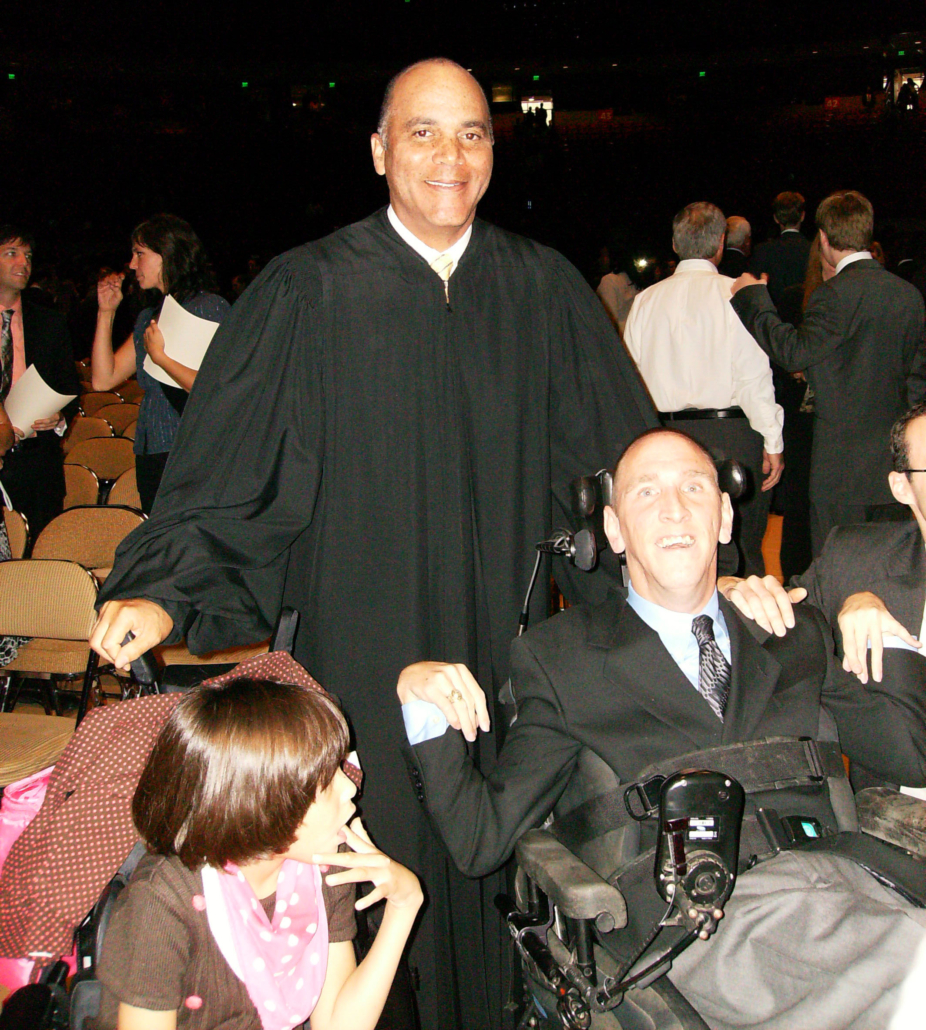Leah Should Have Never Been Restrained and Secluded
Texas mom and advocate Jeanna is no stranger to the disability field. She has three children, two of whom have disabilities. She is also a professional advocate who helps families navigate Texas’ education and service systems.
In January 2020, when Jeanna learned that her 14-year-old daughter Leah was having major behavioral issues at school, she knew what steps to take. Leah is autistic and nonspeaking and has an intellectual disability. Jeanna began observing Leah’s behavior more closely, including her nonverbal communication. She recognized that Leah was engaging in self-injurious behaviors and appeared resistant to going to school. Jeanna reached out to the school to share her observations and seek a cause, but her concerns were dismissed.
By March 2020, the situation worsened. Jeanna was being called to pick up Leah three times a week, and Jeanna learned that Leah had been placed into standing restraints twice. When the worsening COVID-19 pandemic shut down Leah’s school, Jeanna took the time with Leah at home to figure out what was causing such a drastic change in her daughter’s behavior and willingness to go to school.
Jeanna knew that there was a camera in Leah’s classroom, so she sent several requests to the school for the footage. Her first two requests were denied. After learning that Leah’s teachers had been fired, Jeanna requested the video again and finally received 30 minutes of edited video from the days Leah had been restrained.
One incident showed Leah being restrained because she was trying to access a sensory box to help her calm down. During this restraint, “[Leah] was put face down on the ground with her arms on her back while two adults held her down. Her legs started lifting like she was having a hard time breathing.” Meanwhile, her educators and specialists spewed inflammatory statements and profanities toward her.
The second restraint occurred after Leah got upset at another student for using her crayons. Leah was restrained and then put into the classroom bathroom. The lights were shut off, and the door was closed. It wasn’t clear to Jeanna how long Leah was secluded in the bathroom.
Watching these incidents devastated Jeanna, who had not been informed that Leah had been put in a prone restraint or secluded.
“I was upset that I never had the opportunity to know what she was going through and give her the comfort and support she needed. I was also devastated because I had worked with Leah’s administrators for years. When I asked why I was not told the details in the months after the incident, I was informed by Leah’s special education coordinator that they didn’t tell me because the George Floyd incident had happened, and they knew I must be going through a lot with that. It made me suspect my family’s race was a part of how we were treated during and after the incident. It makes me cringe, but what else is there to think when this comment is made as a response?”
In 2022, Leah returned to the classroom, but the transition has been challenging. Jeanna advocated for Leah’s new teachers to implement strategies that will help Leah understand that she can be safe at school. Jeanna is thankful that Leah’s current educational team has treated her with respect and kindness, but she is concerned for other students like Leah, as the educators who abused her daughter are still teaching in similar settings in neighboring school districts.
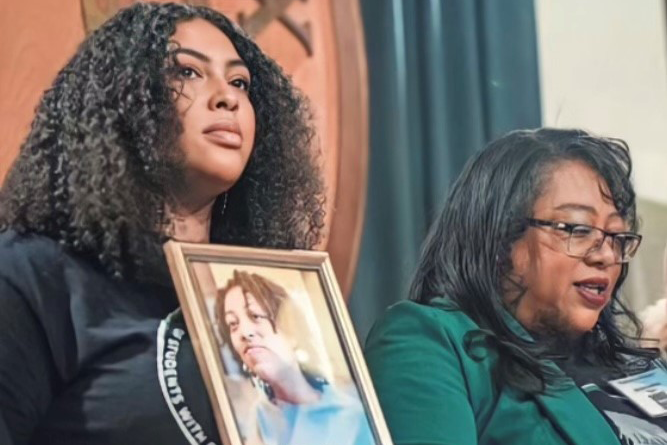
Jeanna (right) and her oldest daughter, Brianna (left), who is holding a photo of Leah.
Jeanna is also working with Leah to help her advocate for herself. “As a parent of a nonspeaking child, we are encouraged to teach our children to comply with what other people want. There is no protest when people treat them badly because they haven’t learned how. She’s going to be 17 years old this year, and only now is she learning how to say no.”
Today, Jeanna shares her story in hopes that other students don’t have to go through similar experiences. She encourages parents to listen and pay attention to their children’s words and actions. “We know [our kids] the best,” she says. “When they start showing behaviors that are not typical for them, we need to listen to them. I still regret, to this day, not paying more attention to Leah’s communication.”
Jeanna and her oldest daughter, Brianna, founded Project LEAH, a family advocacy group in Texas. The group brings families together to advocate so that no one else must deal with what their family has. They credit The Arc of Texas for standing by their side and supporting their group’s growth and advocacy.
How You Can Help
The bipartisan Keeping All Students Safe Act establishes safety standards and provides better training and oversight to ensure the safety of students and staff and to prevent abuse and death. Sign our petition to support this important bill. You can also reach out to your state chapter of The Arc to support state-level education advocacy.

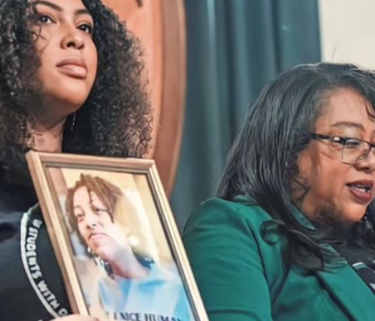

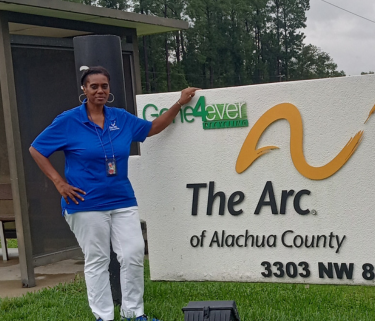
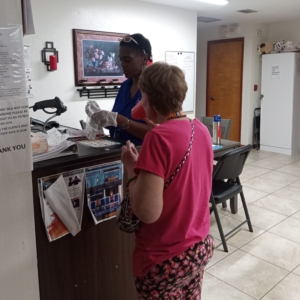 Betty has always had the innate ability to create a safe space for disabled people. As a child, she would talk to them in the grocery store, at church, and on the street. At the age of 18, she found herself running a daycare center and was drawn to do more for the disabled children who came through her doors. She enrolled in disability studies at Santa Fe College, which was right across the street from The Arc of Alachua County. Upon graduating, The Arc of Alachua County immediately hired her as a DSP. That was 20 years ago, and Betty has never looked back.
Betty has always had the innate ability to create a safe space for disabled people. As a child, she would talk to them in the grocery store, at church, and on the street. At the age of 18, she found herself running a daycare center and was drawn to do more for the disabled children who came through her doors. She enrolled in disability studies at Santa Fe College, which was right across the street from The Arc of Alachua County. Upon graduating, The Arc of Alachua County immediately hired her as a DSP. That was 20 years ago, and Betty has never looked back. role of DSPs, chronic underinvestment in Medicaid’s home and community-based services has led to paltry wages and training, which has created a nationwide shortage of workers. As Betty says, “Spend a day in our shoes. It might seem like what we do is easy, but it’s not. There’s no training, so I had to learn on the job, and there’s not enough staff. Sometimes, I have to work without a break, cover the next shift, or come in on weekends, but I don’t have a problem with that because I want my clients to be happy. Their families tell me all the time that if I wasn’t in their lives, they don’t know what they’d do or where they’d be.”
role of DSPs, chronic underinvestment in Medicaid’s home and community-based services has led to paltry wages and training, which has created a nationwide shortage of workers. As Betty says, “Spend a day in our shoes. It might seem like what we do is easy, but it’s not. There’s no training, so I had to learn on the job, and there’s not enough staff. Sometimes, I have to work without a break, cover the next shift, or come in on weekends, but I don’t have a problem with that because I want my clients to be happy. Their families tell me all the time that if I wasn’t in their lives, they don’t know what they’d do or where they’d be.”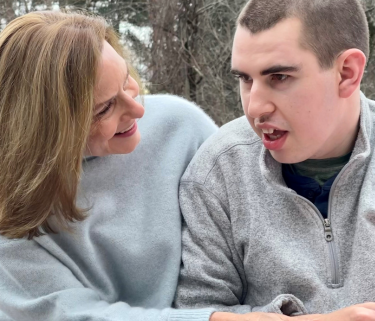
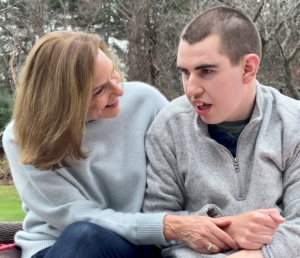 Barbara’s son Jake is a medically complex young adult living at home with his parents. Jake relies on Medicaid to provide the services he needs to be medically safe and supported at home, including continuous skilled nursing and personal care assistance (PCA).
Barbara’s son Jake is a medically complex young adult living at home with his parents. Jake relies on Medicaid to provide the services he needs to be medically safe and supported at home, including continuous skilled nursing and personal care assistance (PCA).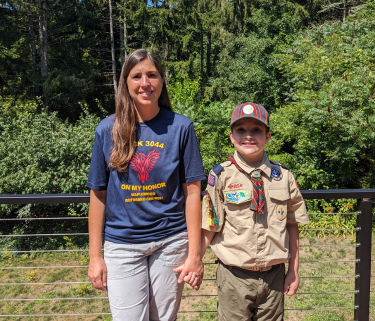
 Cassie is a mother, former educator, and co-founder of
Cassie is a mother, former educator, and co-founder of 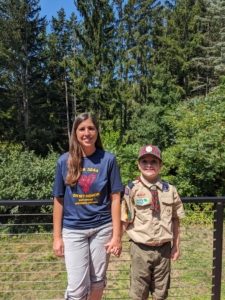 Between August and December of his first-grade year, Cassie recorded that six-year-old Kai was sent for “time away” around 100 times, much of which took place in a seclusion room.
Between August and December of his first-grade year, Cassie recorded that six-year-old Kai was sent for “time away” around 100 times, much of which took place in a seclusion room.
 When her seven-year-old son was in first grade, Michigan mom Amanda got an unexpected call from the new school principal. Her son, who has autism, had kicked the principal, and Amanda was being asked to keep her son home from school the next day.
When her seven-year-old son was in first grade, Michigan mom Amanda got an unexpected call from the new school principal. Her son, who has autism, had kicked the principal, and Amanda was being asked to keep her son home from school the next day.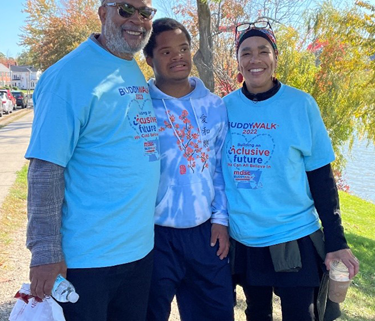
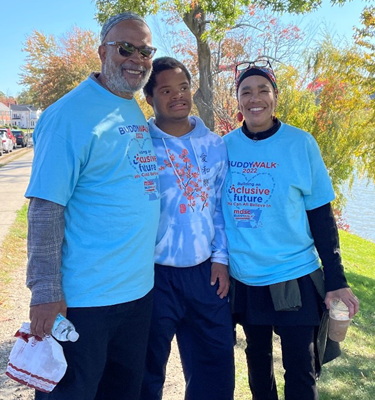 Fifteen years ago, within days of being born, we learned that our son had Down syndrome. This sent us into a flurry of information gathering, advocacy, and more.
Fifteen years ago, within days of being born, we learned that our son had Down syndrome. This sent us into a flurry of information gathering, advocacy, and more.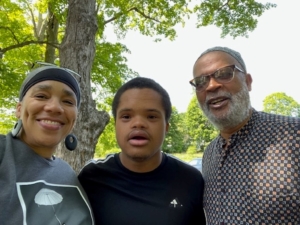
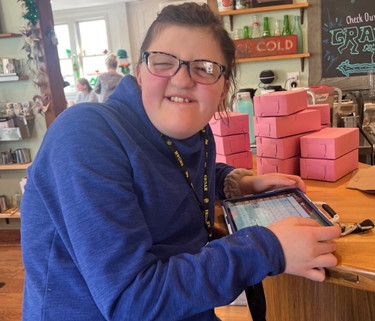
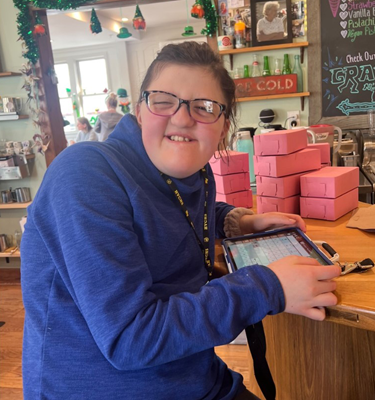
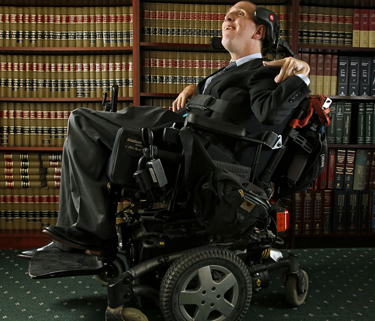
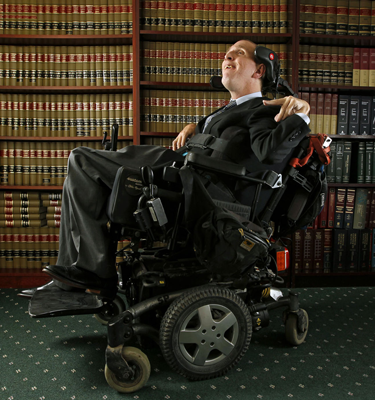 Sean founded a law firm with his best friend, Mark Whitburn. At their firm, Sean works on special education law and practice, guardianship and probate proceedings, and other civil rights cases. He focuses on the ADA, the integration of individuals with developmental disabilities into society, and ensuring that students with disabilities receive the appropriate services under the Individuals with Disabilities Education Act (IDEA).
Sean founded a law firm with his best friend, Mark Whitburn. At their firm, Sean works on special education law and practice, guardianship and probate proceedings, and other civil rights cases. He focuses on the ADA, the integration of individuals with developmental disabilities into society, and ensuring that students with disabilities receive the appropriate services under the Individuals with Disabilities Education Act (IDEA).